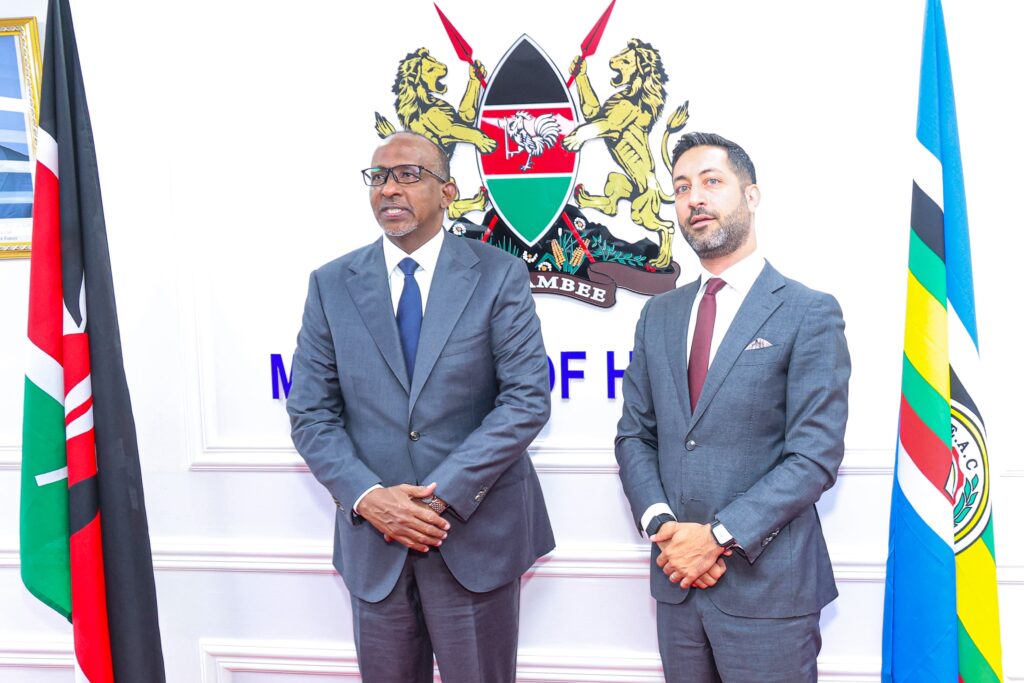Kenya has taken a major step forward in its mission to expand access to cancer care and accelerate progress toward Universal Health Coverage (UHC) through a strengthened partnership with Siemens Healthineers. The collaboration focuses on improving access to diagnostics, radiotherapy, and advanced treatment solutions while supporting health system reforms.
As part of the government’s transformative health agenda, efforts are underway to decentralize specialized healthcare services to bring care closer to communities. Regional cancer centers are being established in Mombasa, Nakuru, and Garissa, ensuring patients no longer need to travel long distances for critical treatment. This decentralization strategy is expected to reduce delays in diagnosis and treatment, improve survival rates, and ease the financial burden on families.
The Ministry of Health is also spearheading initiatives to improve access to cutting-edge medical technologies. Through the National Equipment Service Project (NESP), hospitals across the country are being equipped with essential diagnostic and treatment equipment. A key milestone has been achieved in oncology care with the reduction in the cost of Herceptin therapy from Ksh.120,000 to Ksh.40,000 per session now fully covered under the Social Health Authority (SHA). This breakthrough ensures that life-saving cancer treatment is accessible to all patients, regardless of their financial situation.
The partnership with Siemens Healthineers builds on this progress by focusing on sustainable Service Level Agreements (SLAs), digital health innovations, artificial intelligence, capacity building, and technology transfer. These efforts will not only strengthen cancer care but also support broader improvements in Kenya’s health system. By adopting advanced technologies and fostering skills development, the country is positioning itself as a regional leader in sustainable and equitable cancer treatment.
To drive implementation, a joint technical working group will be established to guide the rollout of SLAs, explore digital solutions, and align new equipment models with NESP. This collaborative approach ensures that the solutions adopted are sustainable, efficient, and scalable across the health sector.
The partnership reflects Kenya’s commitment to delivering affordable, quality healthcare without financial hardship, in line with the vision of UHC. By leveraging global expertise while tailoring solutions to local needs, the country is laying the foundation for a stronger, more resilient health system capable of meeting the growing burden of cancer and other non-communicable diseases.

